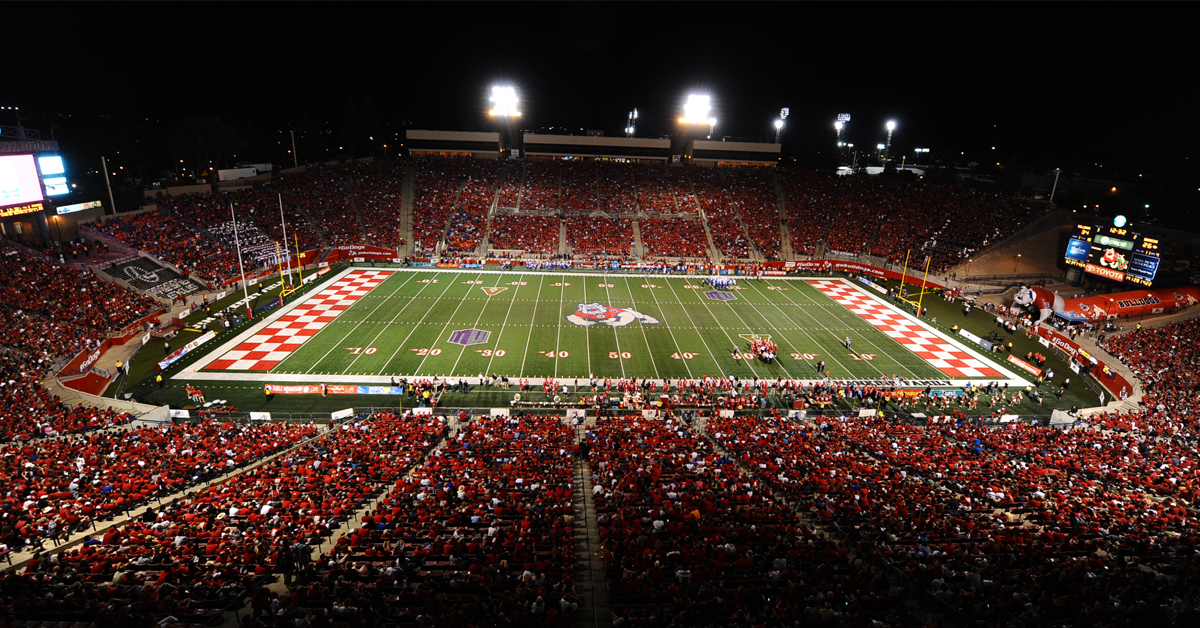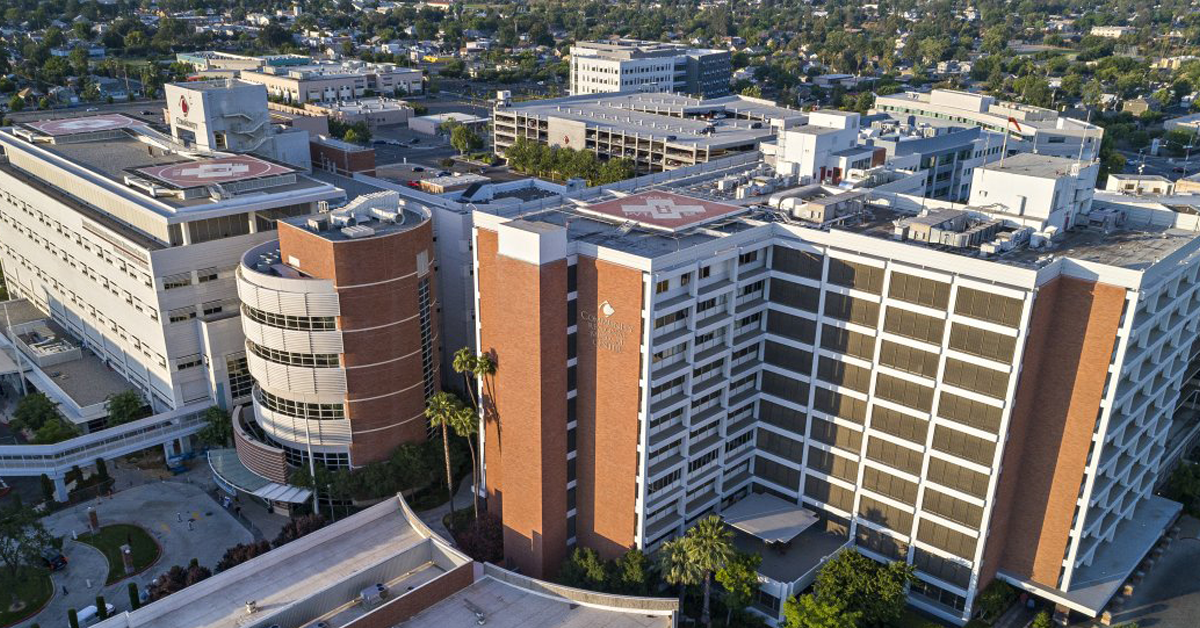Fresno State’s long-touted plan to invest in and upgrade Bulldog Stadium, providing much-needed renovations as rival schools continue to improve their facilities, has yet to bear much fruit.
If one effort is successful with Fresno County voters, that just might change.
When former Athletic Director Jim Bartko came onto the scene in 2015, he quickly ushered in a vision that excited the community and promised bigger and better things for the Central Valley’s lone top-flight collegiate athletic program.
Batko’s reign ended in 2017 without any substantial progress on the stadium front.
Terry Tumey took over the following year, and whatever plans he has for the aging and worsening Bulldog Stadium have been largely kept under wraps.
While Fresno State brass have yet to publicly unveil any plans for major improvements to its athletic facilities, competitors in the Mountain West have been making big strides.
San Diego State is set to open the new 35,000-seat Snapdragon Stadium, located on the footprint of the imploded Qualcomm Stadium in Mission Valley, in September.
Boise State recently unveiled its master plan for stadium improvements and an athletics village.
UNLV upgraded its confines to Allegiant Stadium, the new home of the Las Vegas Raiders, and Hawaii is starting the process of constructing a new Aloha Stadium.
But Bulldog Stadium and the Duncan Building are remaining the same – for the time being.
That could change, but it would require a drastic change in financing from the patchwork of private dollars to build the stadium in the first place. It appears Fresno State and its boosters have identified a new, likely unwitting, financing partner: Fresno County taxpayers.
It’s not the first time in 2022 that the idea of asking local taxpayers to foot the bill on upgrading a State of California-owned stadium has been floated.
In mid-February, McClatchy reported rumblings of a proposed ballot measure that would tax City of Fresno residents to fund improvements to the stadium, currently owned by the California State University system.
Fresno City Council member Miguel Arias excoriated the idea publicly.
Five months later, at the beginning of June, a ballot initiative began circulating for voter signatures aimed at accomplishing elements of what Arias sought to kill.
The measure currently gathering signatures would impose a 0.2 percent sales tax hike on virtually all Fresno County residents, going beyond the City of Fresno.
The lone exception to the tax hike – the City of Reedley – would see its taxes raise a mere 0.025 percent.
The other tweak? Funds gathered from the sales tax would benefit more than just the athletic department at Fresno State.
The tax would go toward expanding access in nursing, agriculture, criminology, engineering and STEM programs, repairing and upgrading academic and other campus facilities, which would include athletic facilities, and it would provide scholarships for local low-income students.
Based on language being supplied to would-be signatories, at least two-thirds of the funds must be spent on academic programs and facilities.
Athletics facilities, meanwhile, would only receive up to one-third of the tax revenue.
The measure has no sunset clause – meaning it could be collected in perpetuity unless repealed by voters.
It also has no prohibition on bonding, or borrowing against, future tax revenues.
That lack of restrictions could allow Fresno State to borrow a decade or more worth of tax revenues to pay for an overhaul of Bulldog Stadium.
How much tax revenue could Fresno State be in line to receive?
For comparison’s sake, Measure C –Fresno County’s half-cent county-wide transportation sales tax measure is projected to generate nearly $228 million annually over the next 30 years, if renewed.
Based off those Measure C projections, the 0.2 percent tax initiative for Fresno State could generate $91 million annually.
Since signature collecting started June 1, the petition’s backers have until Nov. 28 to submit at least 25,331 valid signatures to the Fresno County Clerk/Registrar of Voters Office.
With most signature-gathering campaigns struggling to reach a 75 percent validity rate upon submission to elections officials, local organizers would have to collect upwards of 34,000 signatures to ensure it reaches the threshold to be placed on the ballot.
If the backers wish to have the initiative placed on the November ballot, the signatures would have to be submitted much earlier, and the Fresno County Board of Supervisors would have to approve a corresponding resolution placing it on the ballot by Aug. 12.
Otherwise, the next regularly scheduled election that could host the Fresno State ballot measure would be in June 2024.











